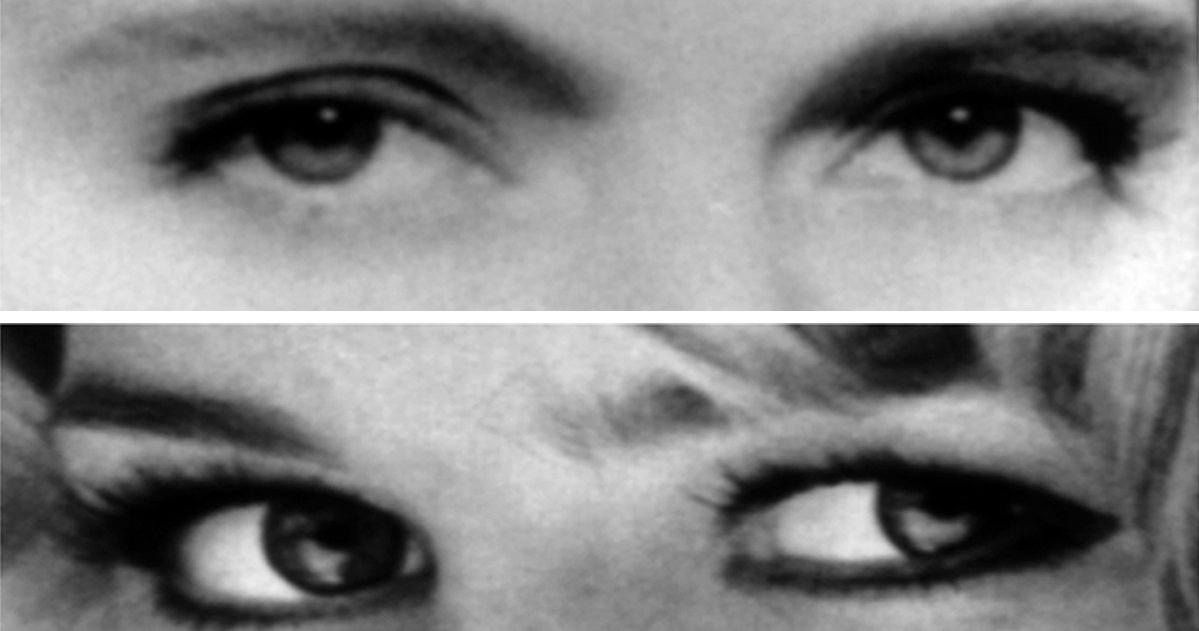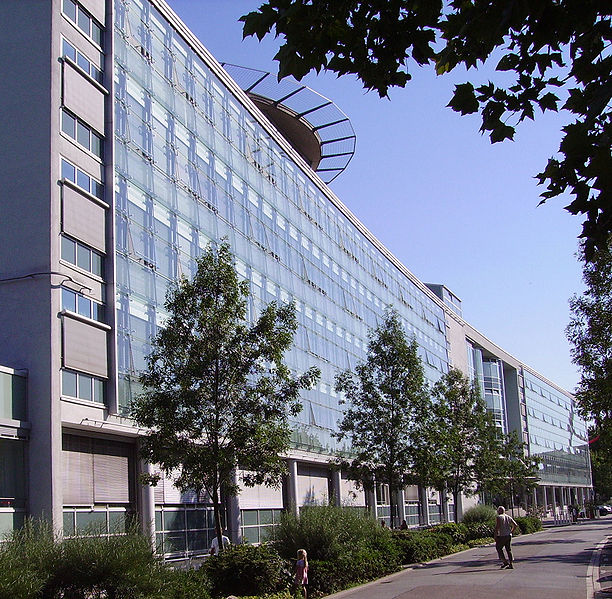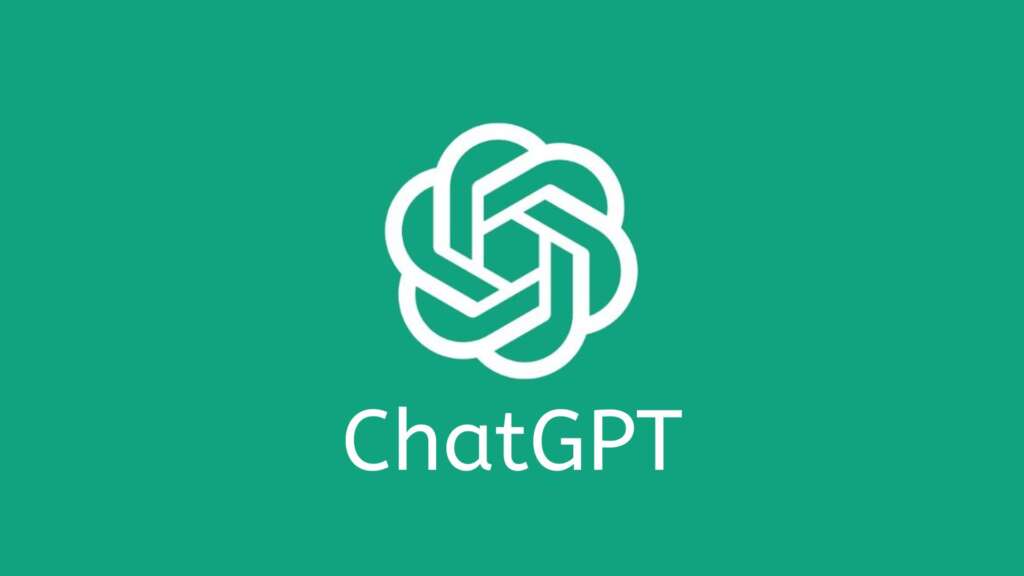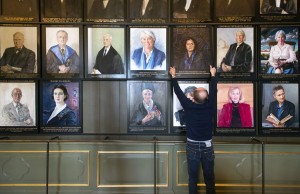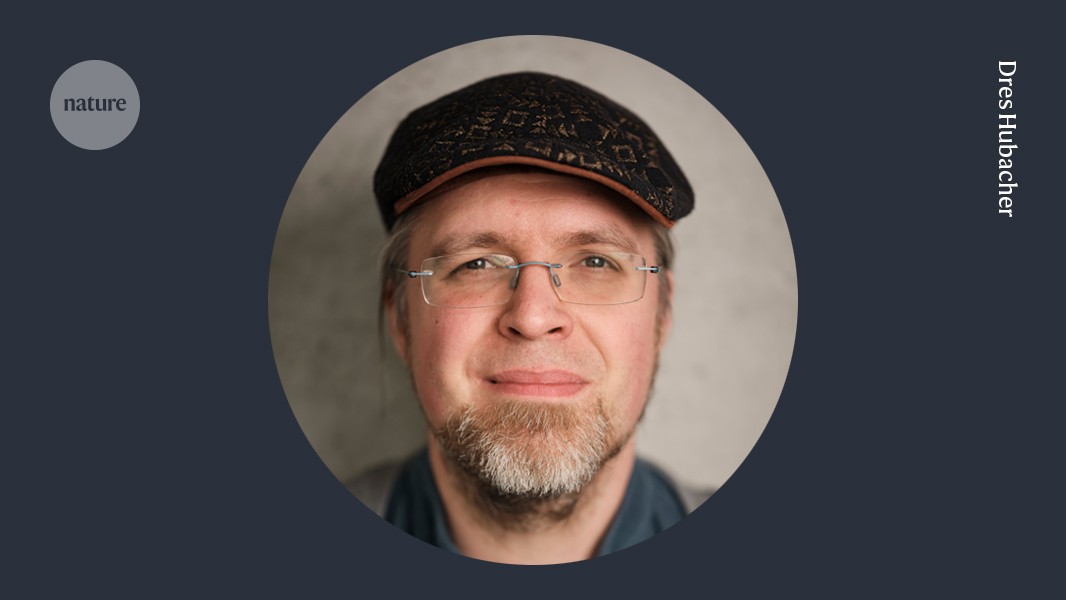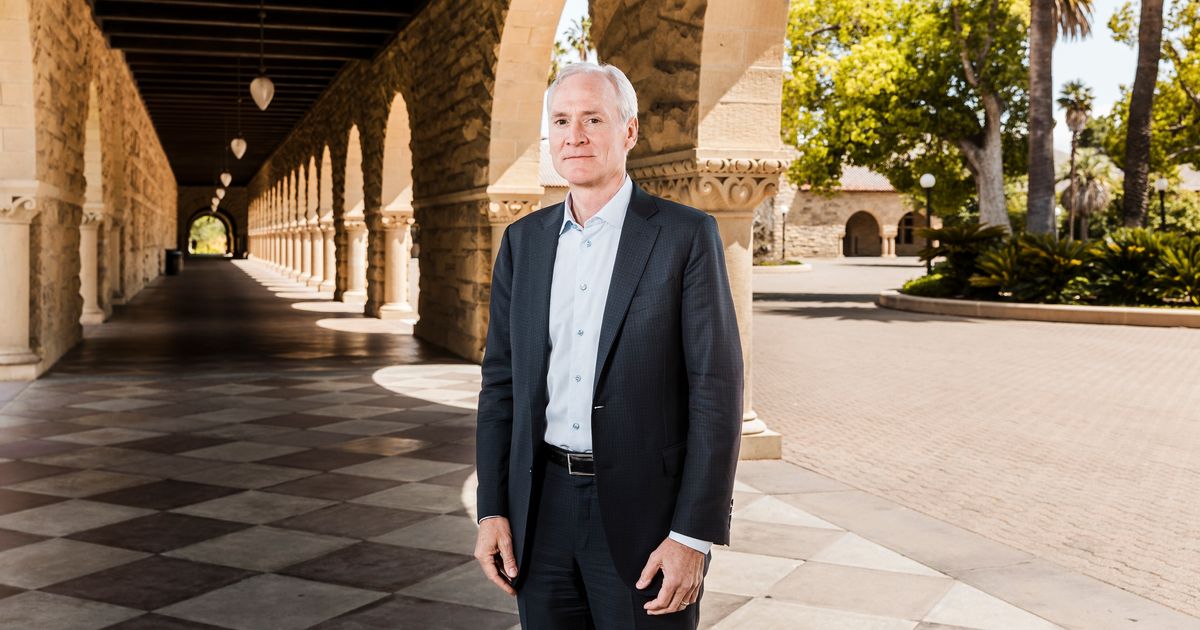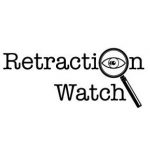The BMJ investigates financial entanglements between FDA chiefs and the drug industry
https://www.eurekalert.org/news-releases/1043758
INTRO: An investigation published by The BMJ today raises concerns about financial entanglements between US Food and Drug Administration (FDA) chiefs and the drug and medical device companies they are responsible for regulating. Regulations prohibit FDA employees from holding financial interests in any FDA “significantly regulated organisation” and the FDA says it takes conflicts of interest seriously, but Peter Doshi, senior editor at The BMJ, finds that financial interests with the drug industry are common among its leaders... (MORE - details, no ads)
- - - - - - - - - - - - - -
Suspended climate activist GP will not stop protesting
https://www.eurekalert.org/news-releases/1043759
EXCERPTS: Last month, Dr Sarah Benn became the first doctor to be suspended from the medical register after being convicted and jailed for actions relating to climate activism.
[...] “The world is facing an unprecedented crisis due to the danger of climate and ecological collapse, and I believe that my actions are a justified and proportionate effort to raise an alarm about the severity and urgency of the situation,” she tells journalist Adele Waters.
Benn explains that two years ago she engaged in peaceful protests to stop the government from granting new oil licences...
[...] The tribunal emphasised that professional rules do not prevent doctors from engaging in peaceful protests but do require them to comply with the law. It concluded that Benn’s conduct fell short of the standards of conduct that should be reasonably expected of a doctor, which amounted to misconduct.
[...] Doctors organisations, including the British Medical Association and The UK Health Alliance on Climate Change, remain concerned that her case could set a precedent for other doctors who peacefully protest.
The GMC is clear, however, that the tribunal’s decision had nothing to do with climate change but because Benn broke the law... (MORE - details, no ads)
RELATED (wikipedia): Scientist Rebellion
_
https://www.eurekalert.org/news-releases/1043758
INTRO: An investigation published by The BMJ today raises concerns about financial entanglements between US Food and Drug Administration (FDA) chiefs and the drug and medical device companies they are responsible for regulating. Regulations prohibit FDA employees from holding financial interests in any FDA “significantly regulated organisation” and the FDA says it takes conflicts of interest seriously, but Peter Doshi, senior editor at The BMJ, finds that financial interests with the drug industry are common among its leaders... (MORE - details, no ads)
- - - - - - - - - - - - - -
Suspended climate activist GP will not stop protesting
https://www.eurekalert.org/news-releases/1043759
EXCERPTS: Last month, Dr Sarah Benn became the first doctor to be suspended from the medical register after being convicted and jailed for actions relating to climate activism.
[...] “The world is facing an unprecedented crisis due to the danger of climate and ecological collapse, and I believe that my actions are a justified and proportionate effort to raise an alarm about the severity and urgency of the situation,” she tells journalist Adele Waters.
Benn explains that two years ago she engaged in peaceful protests to stop the government from granting new oil licences...
[...] The tribunal emphasised that professional rules do not prevent doctors from engaging in peaceful protests but do require them to comply with the law. It concluded that Benn’s conduct fell short of the standards of conduct that should be reasonably expected of a doctor, which amounted to misconduct.
[...] Doctors organisations, including the British Medical Association and The UK Health Alliance on Climate Change, remain concerned that her case could set a precedent for other doctors who peacefully protest.
The GMC is clear, however, that the tribunal’s decision had nothing to do with climate change but because Benn broke the law... (MORE - details, no ads)
RELATED (wikipedia): Scientist Rebellion
_

